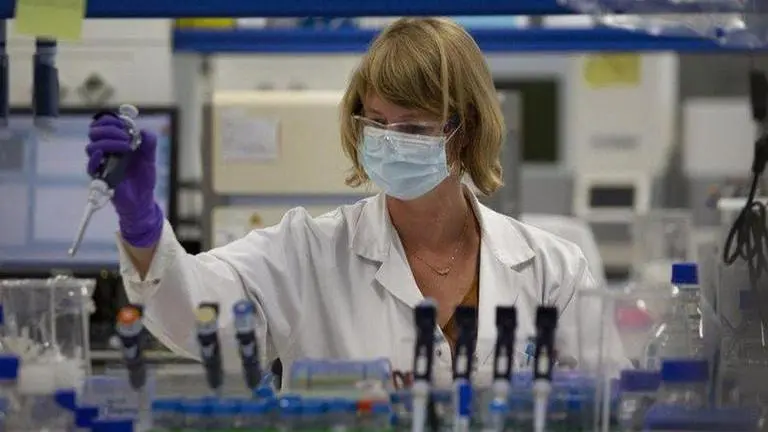Updated 24 June 2020 at 19:55 IST
Oxford University launches research to accelerate coronavirus tests
As the United Kingdom prepares to reopen public spots next week, Oxford University has said that testing for the virus could become “quicker and more accurate”
- World News
- 2 min read

As the United Kingdom prepares to reopen public spots next week, Oxford University has said that testing for the virus could become “quicker and more accurate”. In a statement released on its website, the London based university said that it had launched research to evaluate diagnostic tests which would primarily focus on how the tests performed in hospitals, care home and general platforms.
As per the University, the Covid-19 National Diagnostic Research and Evaluation Platform, or CONDOR, "will create a single national route for evaluating new diagnostic tests in hospitals and in community healthcare settings". The research which is led by the University of Oxford and Manchester University NHS Foundation Trust would cost 1.3 million pounds and would standardise how tests are evaluated, international media reported.
Would evaluate tests
Besides, the research aims at bringing together experts who are highly experienced in evaluating diagnostic tests and generating robust evidence required from the test to be used in NHS. The research would evaluate many tests developed by the Life sciences industry to either detect current coronavirus infection or find infected in hospitals, general practice and care home environments, Oxford said.
Advertisement
This comes as Oxford University started human clinical trials for its potential COVID-19 vaccine in Brazil, one of the worst-hit countries and current epicentre, over the last weekend. Vaccine sponsor Lemann Foundation said in a statement that the trials will be performed on 2,000 health workers volunteers in Sao Paulo, Brazil’s most populous city, and 1,000 people in Rio de Janeiro.
Advertisement
The vaccine is made of a weakened and modified version of adenovirus (a common cold virus) that causes infections in chimpanzees. The team of researchers extracted the genes for the spike protein on the surface of the coronavirus. When the vaccine is injected into a body, the vaccine enters cells and start producing coronavirus spike protein.
Image credits: AP
Published By : Riya Baibhawi
Published On: 24 June 2020 at 19:55 IST
